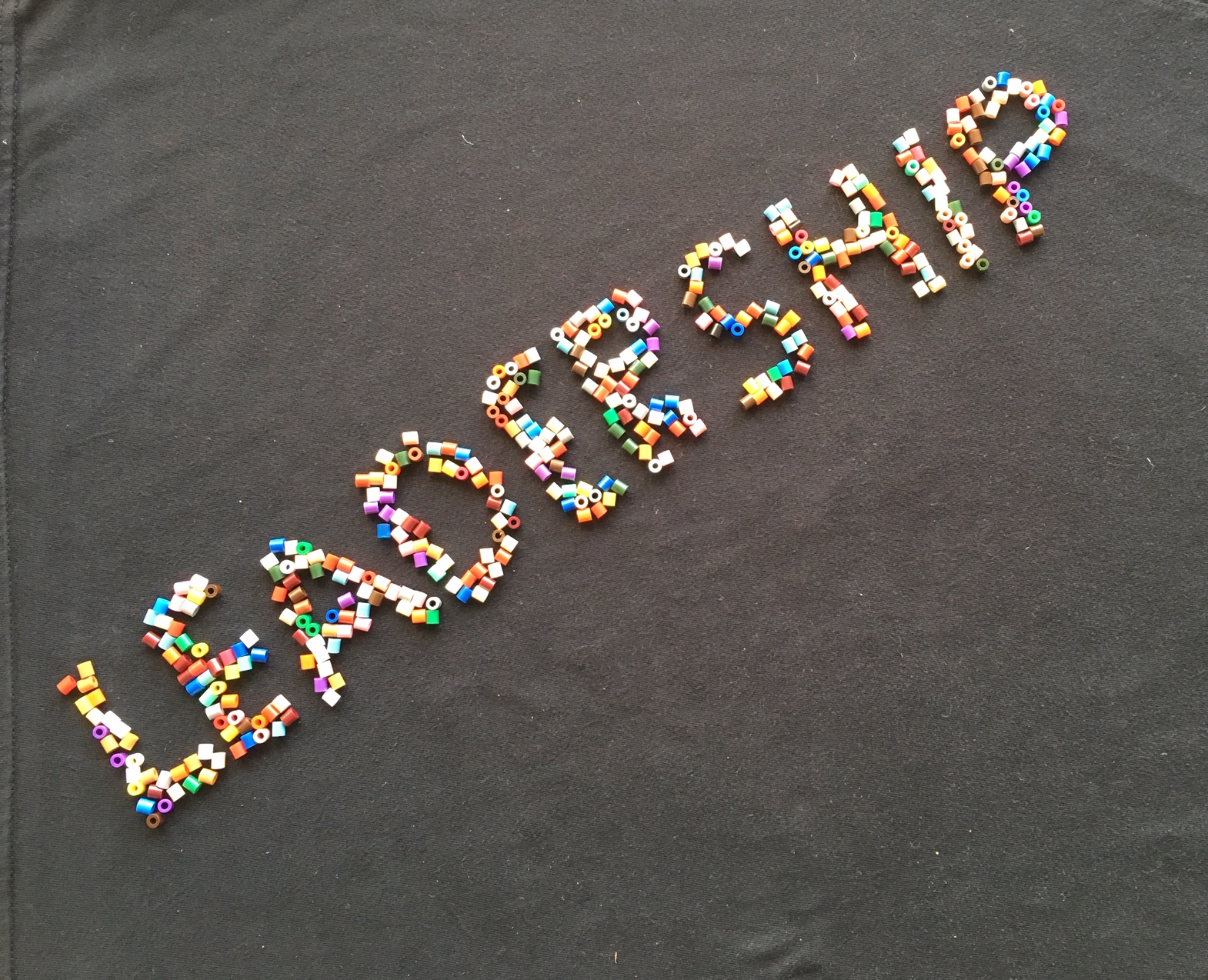Leadership in action

This term in lessons I have been focusing on the core value of Leadership. Leadership is ‘the action of leading a group of people or an organisation, or the ability to do this’. This action can be extremely important in everyday life, from being a director of a company, to a head teacher of a school, to the teacher of a class, to a manager of a sports team, to the captain of a team. Each leadership role is different but is as important as the other and the key common factor is that all leaders have to bring out the best in their team to be successful. To be a successful leader you need key qualities including
- honesty and integrity
- the ability to inspire others
- commitment and passion
- being a good communicator
- decision-making capabilities,
- accountability
- delegation and empowerment
- creativity and innovation.
An example of where I have incorporated leadership into my lessons was at Redland school on a wet weather day in the classroom with a group of Year 5/6’s. We watched a video and then discussed important leaders in our world today. Thinking about those leaders, in small groups the pupils then brainstormed their own ideas on what qualities make a good leader and put them down on paper. Interestingly the group thought of most of the above and a few more including: responsible, role model, fair and authoritative. At Derry Hill year 5 football, I asked for 6 volunteers to be captains of a small team. As leaders they selected their own teams and then they played games against other teams. Without any instruction I observed the captains during the matches and witnessed key qualities including communication, organisation, motivation, compassion, decision making and encouragement. This was fed back at the end of the lesson and the group realised the role of a leader is a difficult position but at the same time rewarding and requires a combination of all the qualities discussed. Having looked at leadership for the whole term, it has enabled me to understand, even more so, why particularly incorporating this skill into lessons is a vital part of learning but also a young person’s development.
Skills young people will learn through leadership include: self-confidence, communicating effectively including learning to listen, giving and receiving feedback, working well with people by involving them in meaningful ways; motivating others, the ability to plan, organise, delegate and assess and accepting differences in people and in their opinions, managing conflict and flexibility – all extremely important skills that prepare young people for success in life.
Rob

